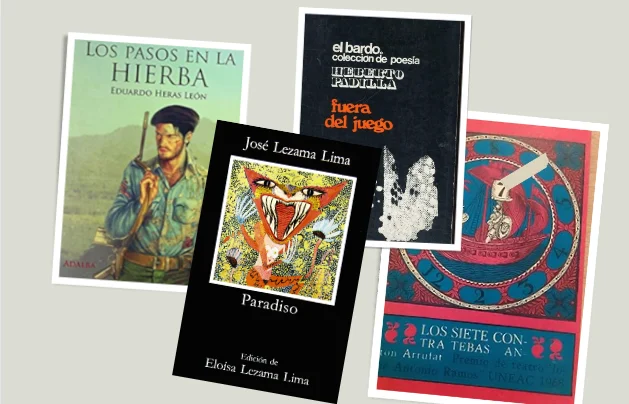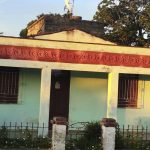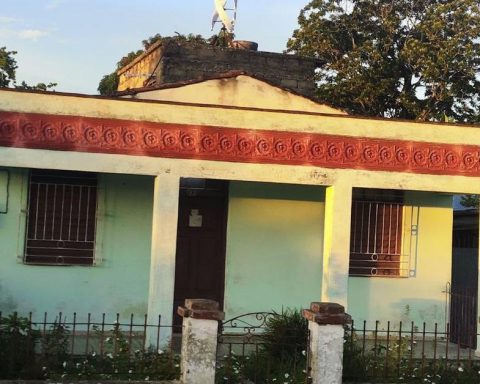HAVANA, Cuba.- Several readers have expressed surprise and disbelief to me regarding my recent article “Panait Istrati, among the authors banned by Castroism”, where I referred to how, at the end of 1970, hundreds of copies of the novels Mikhail and Kira Kiralinaby the Romanian writer, after being published by Ediciones Huracán, were collected from bookstores and converted into paper pulp.
This anti-literary barbarism was a common practice in Cuba in the 1960s and 1970s, when entire runs of books that cultural commissioners considered to be ideologically harmful after publication were collected and destroyed.
The list would be long: County Convictsby Norberto Fuentes; Language of the muteof Dolphin Prats; Footsteps on the grassof Eduardo Heras Leonand even the very same Paradiseby Lezama Lima, for that chapter VIII that stirred up the homophobic moralism of the communist commissars.
The commissioners’ cruelty was particular in the case of Out of the game, by Heberto Padilla and The Seven Against Thebesof Anton Arrufatagainst which the incriminating prologue-postscript signed by the UNEAC Steering Committee, which stated: “this poetry and this theatre serve our enemies, and their authors are the artists they need to feed their Trojan horse”, was not enough.
Back in 1988, when I was working at the Provincial Demolition Company, in a disused warehouse that was on the Vía Blanca, on the border between El Cerro and Santos Suárez, among the rubble I found several issues of the Mexican literary magazine The feathered horn and dozens of copies of Out of the gameand of The Seven Against Thebeswith that infamous and ridiculous prologue-tagline. They were all torn in the middle and some were missing pages. It seems that the book-killers forgot to pick them up at that warehouse and they remained there for 20 years.
I managed to take a few copies with me, which I distributed among several friends. The one who was most grateful was my good friend, the poet Elena Montes de Oca, who was already a dissident at the time and is now in exile. Unfortunately, the copy I left for myself was lent and never returned to me. I hope it still exists.
I remember that a few years ago pastors of independent evangelical churches denounced the burning of Bibles and other religious books confiscated by the authorities.
Several years ago, a journalist from the National Television News (NTV), in a report, confessed her horror at discovering hundreds of books piled up in a warehouse of recyclable raw materials, waiting their turn to be turned into pulp. And the journalist’s dismay was no small thing: in addition to dozens of copies of the Havana Telephone Directory, there were school books on various subjects, economics, poetry books and novels, among them, Crime and Punishmentby Fyodor Dostoyevsky.
In the NTV report, a low-level official, using bureaucratic jargon, explained that these books “had already completed their useful life cycle” and would therefore be turned into pulp to make new books.
Judging by the current editorial policy and the poor offering in most bookstores, almost entirely made up of indoctrination and Castroist politicking, one can imagine what kind of books they will make with that pulp. And those books, in turn, after they have been lying around for a few years, piled up in the dust of the shelves in bookstores, without anyone even taking a look at them, will be collected again and turned into pulp, and so on ad infinitum…
















